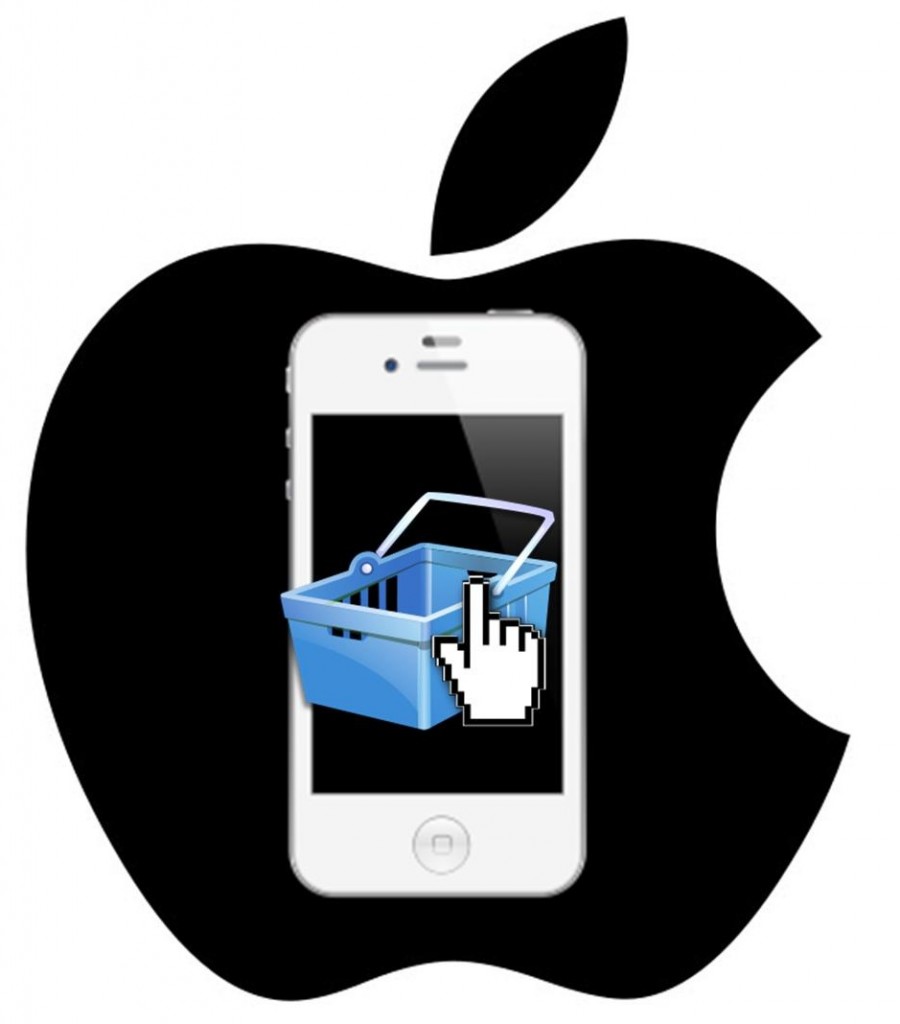Google continues work to establish mobile commerce presence
Despite a turbulent launch, Google Wallet continues to show signs of life as Google works to establish a commanding presence in the mobile commerce sector. The Google Wallet’s launch was plagued with serious security issues that threatened the financial information of consumers that used it. This caused many people to avoid the mobile commerce platform for several months after its launch, despite the fact that Google had resolved its security issues within a matter of days. Over the past few months, Google Wallet has been able to attract more users, and Google has been introducing new features to the mobile commerce platform.
Google Wallet receives new features, but may not be able to compete with Apple
Google Wallet now has the ability to facilitate money transfers. The platform is also able to store digital material offered through various loyalty programs that are common within the retail industry. The platform allows users to redeem their rewards through such programs in an convenient fashion. The Google Wallet does, of course, facilitate mobile payments as well. Notably, however, the Wallet does not have a companion application for the iOS platform, which may be an issue considering Apple’s interest in mobile commerce.
 iOS 7 puts emphasis on Passbook
iOS 7 puts emphasis on Passbook
Last week, Apple unveiled the iOS 7, which puts some emphasis on the company’s Passbook. The Passbook platform is very similar to the Google Wallet in that it can store digital information from loyalty programs, travel tickets, and other such data. Unlike the Google Wallet, however, the Passbook cannot currently support mobile payments, though it is designed to do so. While Apple has not shown direct support for mobile commerce due to security concerns and other issues, the iPhone is a popular mobile commerce platform. A recent study from AdTruth shows that 57% of mobile commerce purchases were made from iPhones during the first half of 2013.
Lack of NFC support may actually put Apple in the lead
Apple may be establishing a strong edge in the mobile commerce space through a lackadaisical support of third party mobile payment services. The vast majority of these services are not based on NFC technology because the iPhone itself does not support NFC. Google Wallet, however, does make use of this technology. This means that the Wallet can only be used by NFC-enabled mobile devices, which are still very rare when compared to the iPhone.

 An increase in online and mobile commerce sales of only 9 percent were recorded during that period of time. In August, the sales this year were worth £6.8 billion, whereas those from last year in that month were £5.79 billion.
An increase in online and mobile commerce sales of only 9 percent were recorded during that period of time. In August, the sales this year were worth £6.8 billion, whereas those from last year in that month were £5.79 billion.